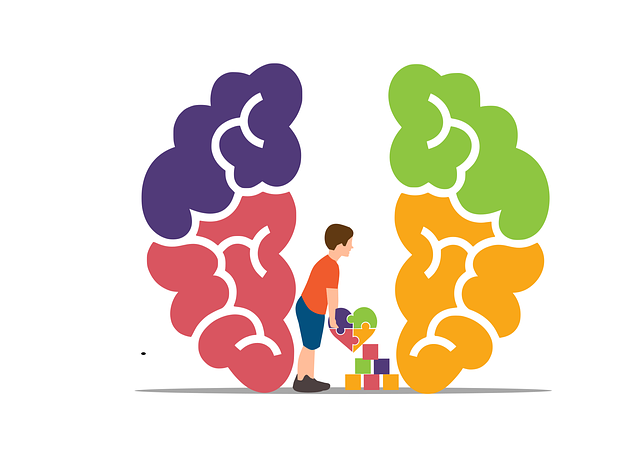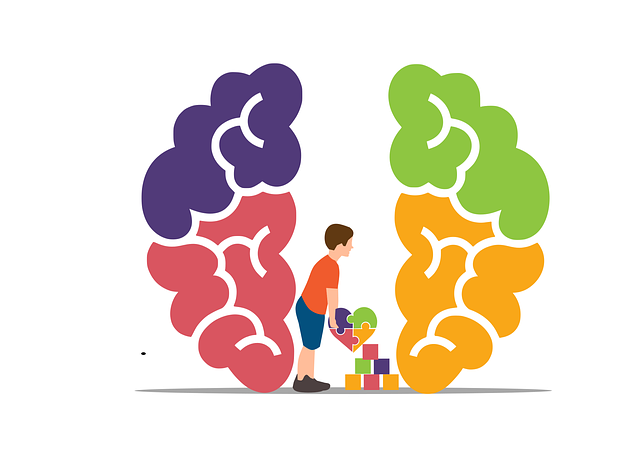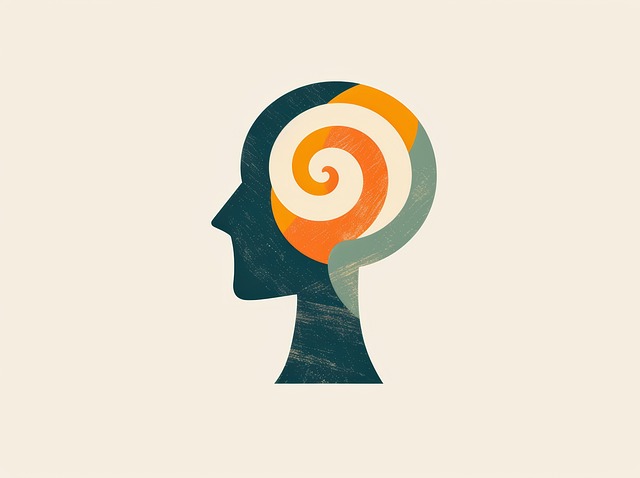Recognizing depression early is crucial with symptoms like persistent sadness, fatigue, and thoughts of suicide. Effective interventions include therapy for sexual addiction, burnout prevention, trauma support, and social skills training. Healthy coping mechanisms, resilient support networks, and enhanced communication skills minimize depressive episodes. Adopting a healthy lifestyle with regular exercise, balanced diet, and consistent sleep is key. Public awareness campaigns destigmatize conversations around sexual health, and risk management planning ensures professionals can offer comprehensive support while maintaining their own well-being. Therapy, including cognitive-behavioural therapy (CBT) and specialized sessions for sexual addiction, enhances resilience against depression, promoting overall well-being and improving mental health policy.
Depression is a prevalent condition affecting millions, but it’s not an insurmountable challenge. This article explores powerful prevention strategies to empower individuals in managing their mental health proactively. We delve into recognizing subtle signs and symptoms, highlighting the significance of lifestyle adjustments for improved well-being. Additionally, we uncover the transformative benefits of therapy, including innovative options tailored for addressing sexual addiction. By embracing these strategies, folks can navigate a path toward resilience and enhanced emotional stability.
- Recognizing the Signs and Symptoms of Depression
- Lifestyle Changes for Improved Mental Health
- Seeking Professional Help: Therapy Options and Benefits
Recognizing the Signs and Symptoms of Depression

Recognizing the signs and symptoms of depression is a crucial first step towards prevention. This mental health disorder can manifest in various ways, affecting mood, thoughts, and behaviors. Common indicators include persistent feelings of sadness, loss of interest or pleasure in activities once enjoyed, changes in appetite and sleep patterns, fatigue, difficulty concentrating, and even recurrent thoughts of death or suicide. Early identification is key to effective intervention.
While therapy for sexual addiction can be a specialized area of focus, addressing underlying depression is often integral to the recovery process. Burnout prevention, trauma support services, and social skills training are additional strategies that can contribute to overall well-being. By fostering healthy coping mechanisms, building resilient support systems, and developing effective communication skills, individuals can better navigate life’s challenges and reduce the risk of depressive episodes.
Lifestyle Changes for Improved Mental Health

Adopting a healthy lifestyle plays a significant role in preventing and managing depression. Regular physical activity, a balanced diet rich in nutrients, and adequate sleep are essential components. Exercise, in particular, releases endorphins that boost mood and reduce stress hormones. A nutritious diet supports brain health by providing the necessary vitamins and minerals for optimal cognitive function. Additionally, establishing a consistent sleep routine helps regulate serotonin levels, which influence mood and emotional well-being.
Beyond these general practices, addressing specific issues like therapy for sexual addiction is crucial in comprehensive mental health care. Public awareness campaigns can play a vital role in destigmatizing conversations around sexual health and promoting early intervention. Risk management planning for mental health professionals is also essential to ensure they have the tools and resources to support clients effectively while safeguarding their own well-being, thereby fostering an environment conducive to anxiety relief and overall mental resilience.
Seeking Professional Help: Therapy Options and Benefits

Seeking professional help is a crucial step in preventing and managing depression. Therapy offers individuals a safe space to explore their thoughts and emotions, helping them develop coping strategies for stress and difficult life situations. Various therapy types are available, each with its unique benefits; cognitive-behavioural therapy (CBT), for instance, focuses on identifying and changing negative thought patterns and behaviours, enhancing mood management skills.
When it comes to addressing specific concerns like sexual addiction, specialised therapy options such as sex therapy or behavioural couples therapy can be beneficial. These therapies not only help individuals understand the root causes of their addiction but also provide tools for recovery and improved mental health policy analysis and advocacy. Additionally, therapy sessions can boost confidence, fostering resilience against depression and promoting overall well-being.
Depression prevention is a multifaceted approach that involves recognizing signs, adopting healthy lifestyle changes, and seeking professional help when needed. By understanding the symptoms and taking proactive steps, individuals can effectively manage their mental health. Incorporating therapeutic options, such as those tailored for sexual addiction, offers specialized support, enabling people to navigate and overcome challenges associated with depression. Remember, early intervention and a holistic approach are key to preventing and managing this common yet treatable condition.














